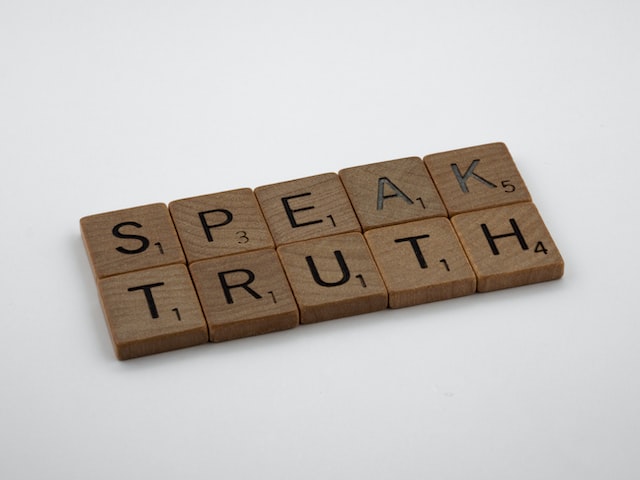Honesty: Definition, Quotes, & Related ValuesHonesty – telling the truth and not obscuring the facts – is fundamental to our happiness and relationships, but that doesn’t always make it easy! This article defines honesty and describes its related values.
If that’s the case for you, too – if you have trouble telling the truth every time, all of the time – I promise you that you are in very good company. To be honest all the time would mean skillfully handling every single interpersonal (or inner) conflict that you ever experience. I do not know anybody with that much integrity, but I do think it is a compelling goal to aspire to. So what is honesty, really? And what can psychologists and philosophers tell us that might help us be honest? Let’s take a deep, unsparing look at honesty together.
Before reading on, if you're a therapist, coach, or wellness entrepreneur, be sure to grab our free Wellness Business Growth eBook to get expert tips and free resources that will help you grow your business exponentially. Are You a Therapist, Coach, or Wellness Entrepreneur?
Grab Our Free eBook to Learn How to
|
Are You a Therapist, Coach, or Wellness Entrepreneur?
Grab Our Free eBook to Learn How to Grow Your Wellness Business Fast!
|
Terms, Privacy & Affiliate Disclosure | Contact | FAQs
* The Berkeley Well-Being Institute. LLC is not affiliated with UC Berkeley.
Copyright © 2024, The Berkeley Well-Being Institute, LLC
* The Berkeley Well-Being Institute. LLC is not affiliated with UC Berkeley.
Copyright © 2024, The Berkeley Well-Being Institute, LLC




